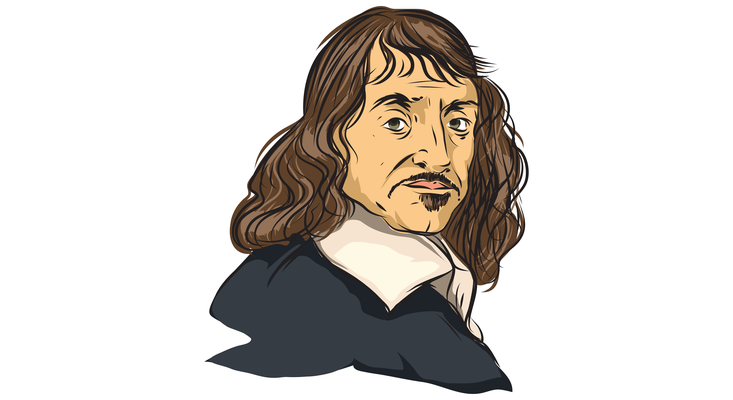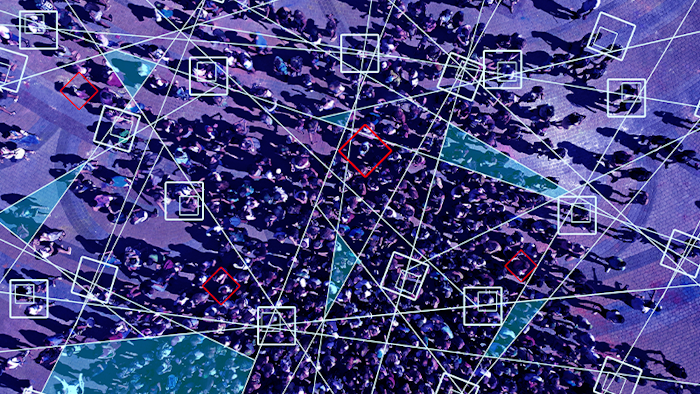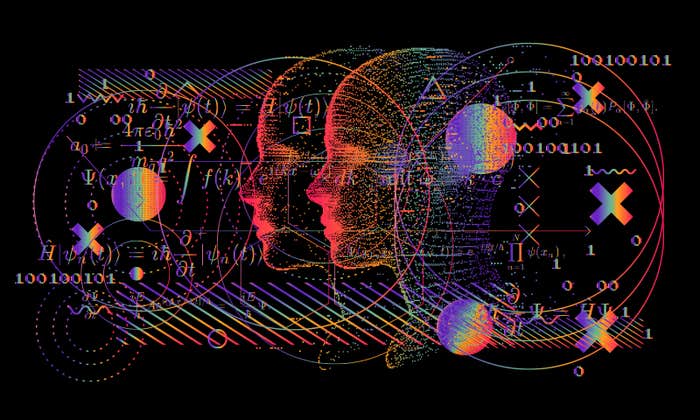What is the role of reasonable doubt in advancing science? And how should we contrast scientific doubt with the cavilling doubt of conspiracy theories which play little part in advancing understanding? Over the last year we have seen the scientific method of doubt put to work in the development of entirely new kinds of vaccine and yet another kind of doubt limiting people’s willingness to get vaccinated. Scientific doubt working to reveal the frightening extent of anthropogenic climate change and conspiratorial doubt, like a demonic twin, undermining it.
RNA vaccines were developed as an alternative to the standard method of vaccination using attenuated or inactivated microorganisms. RNA researchers doubted that existing techniques could achieve as accurate and safe an immunization as RNA-sequence vaccines. The obvious non-infectious nature of RNA, combined with its short half-life, made the idea appealing, but early failures resulting from RNA instability challenged their viability. Recent advances in non-toxic carrier molecules have transformed RNA vaccines into highly effective therapies. At the same time, the very recency of RNA vaccines and the rapidity of their production generated a countervailing doubt manifesting as high levels of anti-vaccination. Vaccine doubters quickly reached for justification in terms of both existing science around rare allergenic responses to polyethylene glycol in the vaccine, as well as conspiracy theories relating to government control and a pandemic hoax. In several nations, conspiratorial doubt has resulted in consistently low levels of vaccination, fueling the recent emergence of the delta variant.
The only thing of which we can be certain is our own existence—“I think therefore I am.”
Doubt seems to be a double-edged sword: One blade cuts through orthodoxy allowing for new potential truths, while the other blade seeks to sever the head of reason from the body of society. The resolution to this anomaly is that these two kinds of doubt are in fact very different mental attitudes, where some would like us to believe that they are one and the same.
Scientific doubt seeks to reveal the hidden assumptions and limitations of measurement and reason in our existing beliefs. Conspiratorial doubt seeks to replace a small, partially supported belief with a larger, unsupported one. And in so doing avoid the responsibility of appropriate action. As Umberto Eco wrote in his encyclopedic novel of human credulity, Foucault’s Pendulum, “The conspiracy theory of society comes from abandoning God … and then asking, ‘Who is in his place?’”
Climate-change denial is just such an example where alternative beliefs and values are substituted for the scientific evidence. These include denying any impact of climate change based on the perceived economic cost of changing behavior, or denying the fact of climate change based on religious principles and beliefs. There are few scientists not employed by ideological think tanks that question climate change based on scientific principles alone.

The method of doubt was introduced and carefully developed by the French philosopher and mathematician René Descartes. In his Discourse on Method, published in 1637, Descartes presented a method for, in the wording of the book’s subtitle, “seeking truth in the sciences.” It was the fullest expression at the time of what is rather loosely described as the scientific method.
Descartes approached his problem by pointing out that the longevity of ancient philosophical doctrines, and their evident lack of consensus, is based on the absence of precise thinking. Precise thinking consists in denying what our senses seem to be telling us and treating them either as illusions or as no more reliable than dreams. The only thing of which we can be certain is our own existence—“I think therefore I am.” And it follows from this insight that only deductive sequences of thought, that are maximally free from sense illusion, can be sources of certainty. The material world is real but endlessly illusory. It is the perfection of the mind that allows reality to be known by breaking down a phenomena into the simplest, least error-ridden parts possible, and reassembling them into a compound belief like a Lego puzzle, one piece at a time.
Doubt seems to be a double-edged sword: One blade cuts through orthodoxy allowing for new truths; the other seeks to sever the head of reason from the body of society.
Over the last few centuries our ideas of objectivity have followed the method of doubt of Descartes, whereby science has sought mathematics and models (reason) that are able to work under conditions of considerable empirical uncertainty (our term for illusions), in order to arrive at ever more general and predictive frameworks for interfacing with the material world. We use climate models to fill in gaps in our historical records, and we use epidemiological models to make inferences where disease-transmission data is scarce.
But just as we discover key elements of scientific doubt in Descartes, so we discover elements of conspiratorial doubt. Descartes’ favorite conspiratorial doubt was that the vacuum of space did not exist. This is a position that he argues at length in a later book, Principles of Philosophy, in 1644. Descartes was of the opinion that space is in fact an object like any other and has geometric extension—like all objects, empty space has a size or length, breadth and depth. And having a size logically precludes the possibility of its emptiness. When an object touches space their surfaces come into contact just as any two objects might come into contact along their surfaces. The great limitation of this belief was how to explain the motion of normal objects through the material of space.
Descartes suggested a nearly imponderable solution, in which motion is just a shifting of the relative positions of objects, and the invisible object that we call space, along their shared surfaces. This idea of so-called “impact motion” through “corporeal vortices” was challenged by some of Descartes’ near contemporaries, most notably Isaac Newton. Newton used a variety of empirical data, from the satellites of Jupiter and the regular motion of planets and comets through space, to refute Descartes’ theories.
So what was Descartes’ conspiratorial doubt? Descartes opposed any effort to separate metaphysics from science. Descartes’ entire method in his Discourse on Method was to show that only mind is certain, and given that mind is synonymous with spirit, we come to understand the working of God through an introspective analysis of the mind. For Descartes, the not-so-hidden motivating belief was that a deity had created a non-corporeal mind to study a corporeal universe. A vacuum is a non-corporeal thing and, hence, either spirit-like in its essence (which is not allowed) or something freakish in the Cartesian-dualist system of the world.
Along the trajectory of Descartes’ research program exist both forms of doubt—firstly the scientific doubt that emphasized the uncertainty of measurement and thereby the need to double down on logic and mathematics, and secondly the conspiratorial doubt, opposing the powerful ideas of Newton in order to defend a religious position presented as a scientific theory. Our current troubles with climate deniers and anti-vaxxers have a rather noble pedigree—they share the objective of mapping an ideological position onto a scientific one. But unlike scientific doubt that seeks to question what we know in order to make space for alternative simpler ideas, conspiratorial doubt challenges what we know with a metaphysics of inaction. Conspiratorial doubt is not one that moves the world forward but a reactionary belief that tethers our world to the status quo.
David Krakauer is the president and William H. Miller Professor of Complex Systems at the Santa Fe Institute in New Mexico. He works on the evolution of intelligence and stupidity on Earth. He is the founder of the InterPlanetary Project at SFI and the publisher/editor-in-chief of the SFI Press. His most recent book is an edited volume, Worlds Hidden in Plain Sight.
Additional Reading
Descartes, R., Discourse on method and Meditations on First Philosophy 4th ed. Hackett Pub, Indianapolis (1998).
Edvardsson Björnberg, K., Karlsson, M., Gilek, M., & Hansson, S.O. Climate and environmental science denial: A review of the scientific literature published in 1990–2015. Journal of Cleaner Production 167, 229-241 (2017).
Pardi, N., Hogan, M.J., Porter, F.W., & Weissman, D. mRNA vaccines—a new era in vaccinology. Nature Reviews Drug Discovery 17, 261–279 (2018).
Romer, D. & Hall Jamieson, K. Conspiracy theories as barriers to controlling the spread of COVID-19 in the U.S. Social Science & Medicine 263, 113356 (2020).
Lead image: Amanita Silvicora / Shutterstock



















